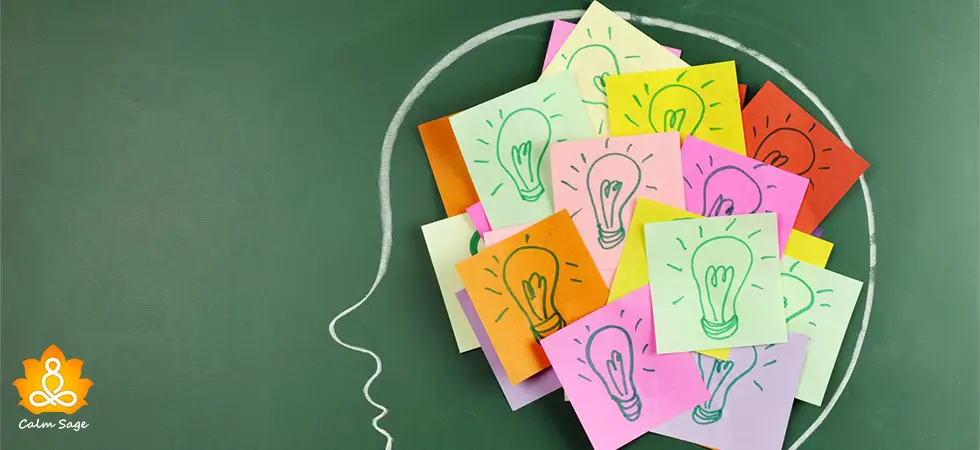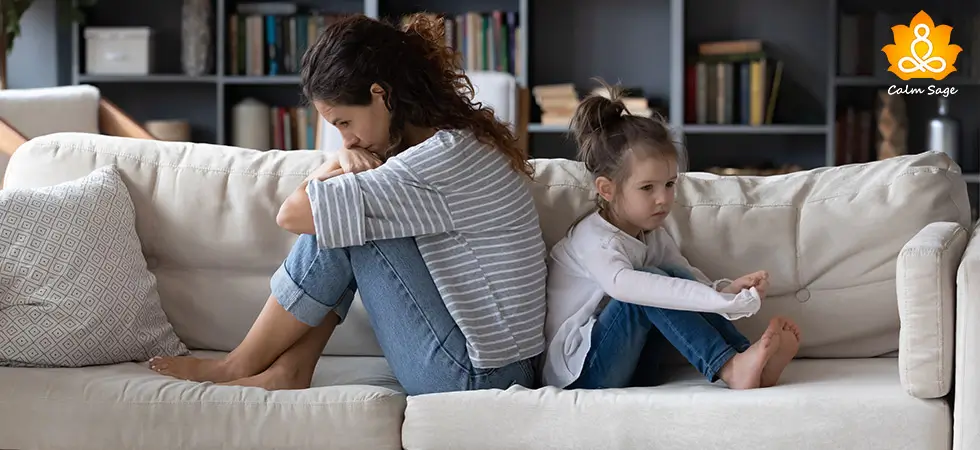Hallucinations: Types, Symptoms, Causes & Treatment
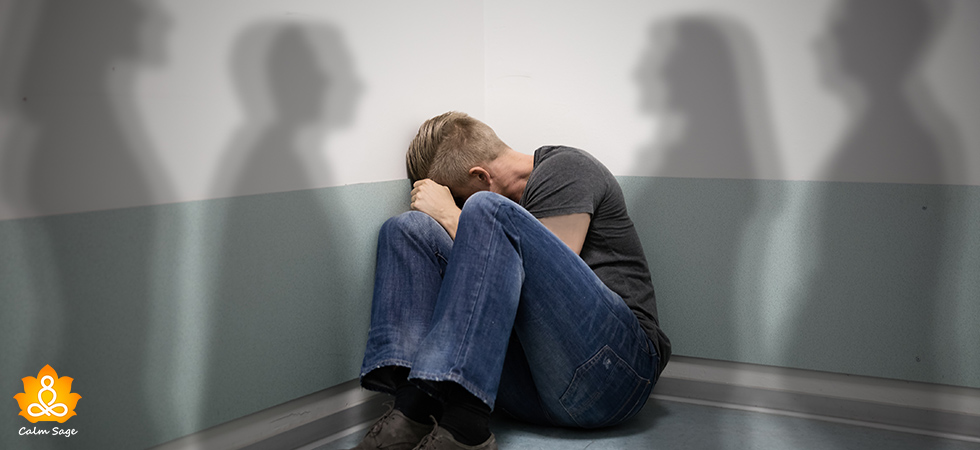
List of Contents
Hallucinations, by definition, means “an experience involving the apparent perception of something not present”. The word comes from Latin that can be loosely translated as “to wander, mentally”.
In simpler words, hallucinations imply that a person is either hearing, seeing, smelling, or feeling things that are not real. Auditory hallucinations, one of the most common types of hallucination, that involve hearing voices or sounds with no physical source.
Hallucinations can be a major symptom of psychiatric disorders such as bipolar disorder and schizophrenia. Nevertheless, you don’t have to be dealing with a mental health condition to experience hallucinations.
Also Read: What Is Psychological Distress? | Symptoms & Treatment
Types Of Hallucinations
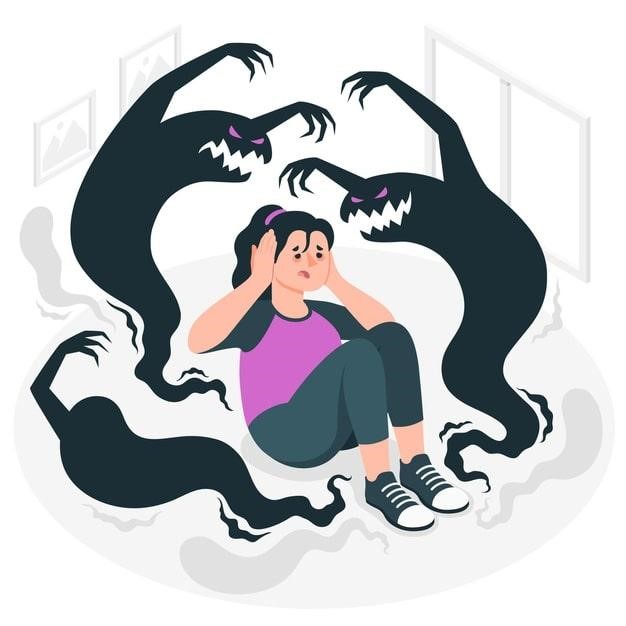
Hallucinations can be categorized into five major categories:
1. Auditory hallucinations
One of the most common types of hallucinations, auditory hallucinations can be described as a condition in which a person hears voices or sounds that are probably not real or have a physical source.
Q. How To Stop Auditory Hallucinations?
Auditory hallucinations can be treated with the help of CBT (cognitive behavioral therapy), taking antipsychotic medications, and practicing self-help coping strategies.
2. Visual hallucinations
The second common type of hallucination is visual hallucinations and it can be described as a condition wherein people see or visualize people, shapes, and things that are not real.
3. Tactile hallucinations
When a person experiences tactile hallucination, they feel certain sensations like being touched or feeling a movement on your body when in reality you’re not.
4. Olfactory hallucinations
Less common than auditory hallucinations and visual hallucinations, Olfactory hallucination occurs when a person smells something that has little to no physical source.
5. Gustatory hallucinations
The rarest type of hallucination, Gustatory hallucinations occurs wherein a person tastes something that is strange or unpleasant (usually metallic). Gustatory hallucinations can be a common symptom of epilepsy.
Symptoms Of Hallucinations
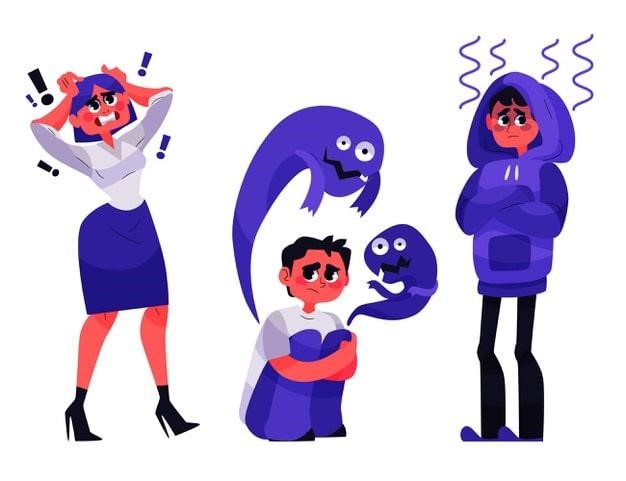
Hallucination, itself, is a symptom of psychiatric conditions such as schizophrenia and bipolar disorder but depending on the type of hallucination, its symptoms can be as follows:
- Feeling phantom movements and sensations on the body
- Hearing sounds that are probably not there
- Hearing voices
- Seeing objects, people, or patterns that are probably not there
- Smelling unpleasant or strange odor
- Tasting something (probably something metallic)
If you or someone you know are experiencing these symptoms of hallucinations, then it is recommended you reach out to a psychiatrist for help. The symptoms of hallucinations should not be ignored or avoided. If left undiagnosed, these symptoms can turn serious and can harm your daily functioning.
Also Read: Psychologist v.s Psychiatrist: What’s The Difference
Causes Of Hallucinations
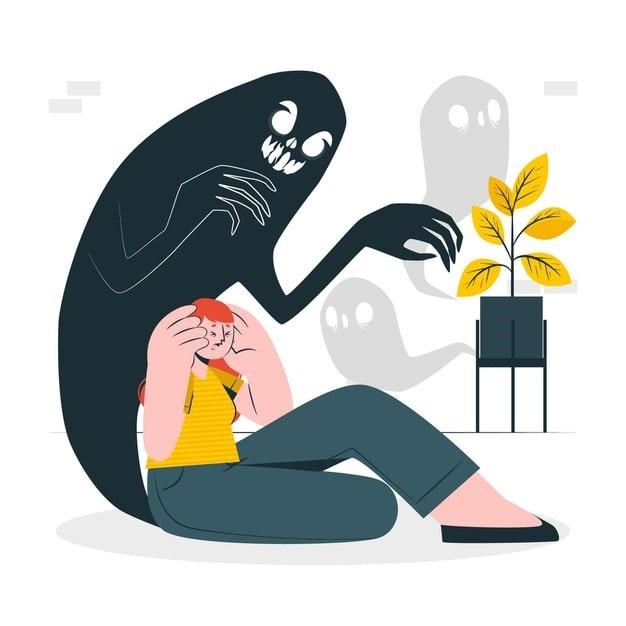
As I’ve mentioned before, hallucinations can be a major symptom of conditions such as schizophrenia and bipolar disorder. Schizophrenia is a mental health disorder that causes a person to experience distorted thoughts and actions. In bipolar I disorder, hallucinations can occur during either a manic episode or a depressive episode. In bipolar II, hallucinations usually occur during a depressive episode.
If someone with bipolar disorder is experiencing hallucinations or delusions, it can be diagnosed as bipolar disorder with psychotic traits.
Also Read: 7 Myths And Facts About Bipolar Disorder | How-To Help
What causes hallucinations is not limited to bipolar disorder or schizophrenia. They can also occur due to the following causes
- Excessive alcohol or drug use
- Substance withdrawal
- Dissociative Identity Disorder (DID)
- Epilepsy
- Glaucoma
- Use of hallucinogens
- Migraines
- Narcolepsy
- Neurologic disorders
- Post-traumatic stress disorder (PTSD)
- Schizoaffective disorder
- Sleep deprivation
- Dementia
- Seizures
- Experiencing symptoms of mental breakdown
Also Read: Panic Attacks vs. Nervous Breakdown: Know the difference
Hallucinations or some symptoms of hallucinations can also be a side-effect of some mental health medications.
Q. Can Stress Cause Hallucinations?
Intense feelings and emotions such as grief and stress can cause people to experience hallucinations. But more often than not, conditions such as hearing loss, blindness, excessive use of drugs and alcohol, and other mental health conditions can cause hallucinations.
Treatment For Hallucinations
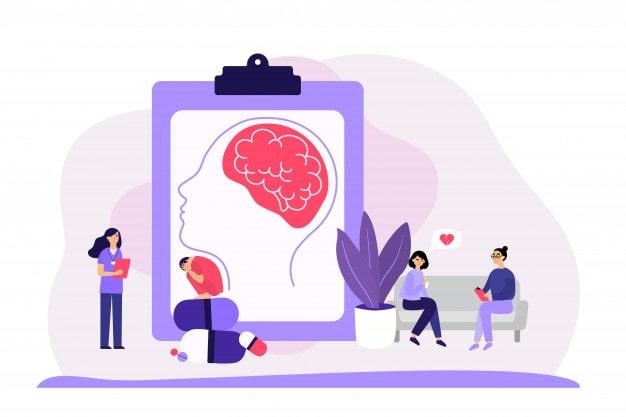
Treatment for hallucination usually depends on the type of hallucination, what causes hallucination, and the person’s general health. Hallucination treatment generally involves psychotherapy, medication, and self-help practices.
1. Psychotherapy
Therapy treatment for hallucinations involves teaching the patient to pay close attention to their symptoms of hallucinations. It also offers the opportunity to learn more about hallucination and what causes hallucinations in the patient. Psychotherapy also helps the patient to explore possible causes for their hallucinations and making their experience normal.
Also Read: Life Coaching and Psychotherapy: What’s The Difference?
2. Medications
Medications prescribed for hallucinations are often antipsychotic medications. These meds cal help in either eliminating or reducing the intensity of the hallucinations and the symptoms of hallucinations.
3. Self-Help
While the other two treatments can help control hallucination and their symptoms, practicing self-help can be beneficial in coping as well:
If you’re experiencing hallucination or its symptoms, you can try:
- Exercising
- Humming a song or a tune
- Ignoring the visuals or voices
- Listening to soothing music
- Reading
- Talking to others
- Interacting with others in a social setting more
How To Cope With Hallucinations
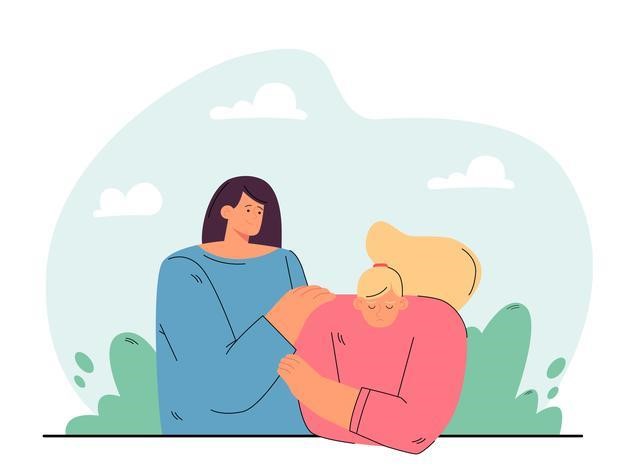
While it may not look like and can be challenging, coping with hallucinations is possible. Here are some other coping techniques you can:
- Pay close attention to your surroundings. Our surroundings can play a more important role in either controlling hallucinations or worsening them.
- Learn to stay calm. If your loved one is dealing with hallucinations or the symptoms of hallucinations, you need to be as supportive and as calm as possible.
- Learn to distract. Whenever you feel your (or your loved one’s) symptoms of hallucinations worsening, find a healthy distraction. Listen to music or read.
- Maintain a routine. Having a routine is possibly the best way to keep a reality check and avoid (or limit) hallucinations.
Final Thoughts
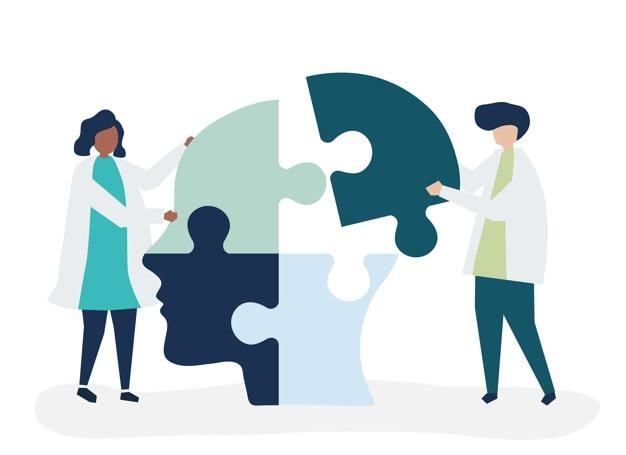
Dealing and recovering from hallucinations can depend on what causes hallucinations. Are you drinking or using drugs? Are you sleep-deprived? Or are you struggling with an underlying mental health disorder?
Asking yourself these questions can help you determine the causes of your hallucination and how to best approach your treatment.
If your hallucinations are a result of a mental health condition such as schizophrenia or bipolar disorder, then talk to a psychiatrist. A psychiatrist can help you understand your condition and can prescribe medication to help you deal with your hallucinations.
Getting the right treatment can help you recover, get better, and improve the quality of your life, significantly.
For additional information and support, you can visit our website or write to us at info@calmsage.com.
Until next time, take care of yourself and stay safe.






